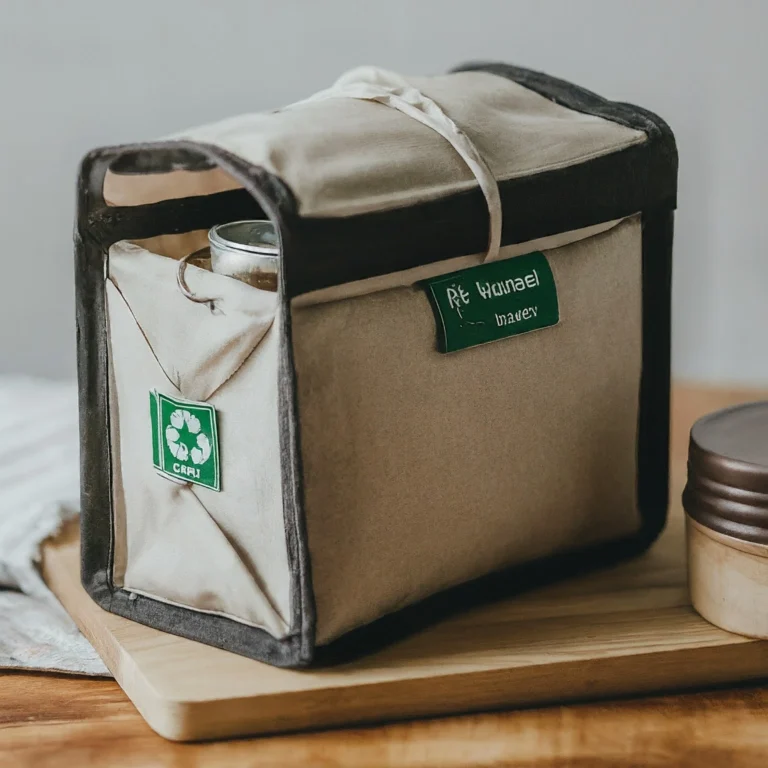Living on an island paradise like Hawaii comes with unique responsibilities, especially when it comes to managing waste. With limited space for landfills and the ever-present risk of environmental harm, finding innovative solutions is more critical than ever. Recycling kits in Hawaii are stepping up as a game-changer, turning trash into treasure while empowering communities to take sustainability into their own hands.
Understanding Hawaii’s Waste Management Challenges
Hawaii faces distinct challenges in managing its waste, primarily due to its geographical isolation and reliance on imports. The consequences of improper waste disposal ripple across its fragile ecosystems.
Ocean Pollution and Tourism
Tourism is the lifeblood of Hawaii’s economy, but it also generates massive amounts of waste. Plastics and other debris often end up in the ocean, threatening marine life and tarnishing the islands’ natural beauty.
Import-Dependent Economy
Hawaii’s reliance on importing goods means much of its waste needs to be shipped off-island. This process is not only expensive but also environmentally taxing.
What Are Recycling Kits?
Recycling kits are tailored solutions designed to simplify the recycling process. They are equipped with tools and resources to help households and businesses manage waste effectively.
Components of a Recycling Kit
- Sorting Bins: Designed to separate plastics, metals, glass, and paper.
- Educational Materials: Guides on what can and cannot be recycled.
- Instructions: Simple steps for preparing recyclables.
Types of Materials Covered
From everyday plastics to complex e-waste and organic composting, these kits provide clear pathways for responsible disposal.
Benefits of Recycling Kits in Hawaii
Recycling kits aren’t just about convenience; they address core issues in Hawaii’s waste management system while empowering its residents.
Reducing Landfill Waste
By encouraging proper sorting and recycling, these kits significantly reduce the amount of waste sent to landfills, extending their lifespan.
Promoting a Circular Economy
Recycling turns waste into reusable materials, creating local industries and job opportunities. For instance, some programs are exploring ways to convert recycled plastics into construction materials.
Empowering Communities
Schools, neighborhoods, and workplaces are embracing recycling kits to build sustainable habits. Small actions by individuals collectively lead to massive changes.
Success Stories of Recycling Kits in Action
Several communities in Hawaii have already seen remarkable success with recycling initiatives.
Innovative Recycling Programs
- Composting Initiatives: Organic waste recycling is gaining traction, turning food scraps into nutrient-rich compost for local farms.
- Plastic-to-Fuel Technologies: Some programs are exploring technologies to convert plastic waste into usable fuels, reducing dependency on fossil fuels.
Community-Driven Success
Residents in neighborhoods equipped with recycling kits report higher recycling rates and reduced waste. Their stories inspire others to adopt similar practices.
Challenges and Areas for Improvement
While recycling kits have made significant strides, challenges remain.
- Limited Adoption Rates: Not all residents are aware of or have access to these kits.
- Logistical Issues: Remote areas face difficulties in waste collection and recycling.
Overcoming Logistics Issues
Partnerships with local businesses and the development of centralized recycling hubs can help overcome these challenges.
Mail in Program
A Mail-In Program is an innovative solution designed to make recycling or disposal of specific items more convenient and accessible. Participants can package items such as electronics, batteries, textiles, or even hazardous materials like light bulbs, and send them to a designated facility for proper recycling or disposal. This program eliminates the need for individuals to visit recycling centers, making it particularly beneficial for those in remote or underserved areas. By providing pre-labeled shipping containers or simple instructions, mail-in programs ensure that materials are handled responsibly and sustainably. They contribute significantly to reducing landfill waste, promoting a circular economy, and making environmentally friendly practices more attainable for everyone.
The Future of Recycling in Hawaii
The future of recycling in Hawaii looks bright, thanks to innovative technologies and growing community involvement. Integrating smart systems, like app-based recycling trackers, can further enhance participation. Legislative support will also be critical in ensuring long-term success.
Conclusion
Recycling kits in Hawaii are transforming approach to waste management, offering practical solutions to a growing problem. By adopting these kits, residents can turn trash into treasure, protecting the islands’ natural beauty for generations to come. Join the movement and take the first step toward a sustainable future!
FAQs
- What types of materials can I recycle with a kit?
Most kits cover plastics, metals, glass, paper, and organic waste. - How do I get a recycling kit in Hawaii?
Recycling kits are often distributed by local waste management organizations or can be purchased online. - Are recycling kits suitable for businesses?
Yes, many kits are designed for both residential and commercial use. - How can I involve my community in recycling?
Host workshops, share resources, and promote local initiatives to spread awareness. - What happens to the recycled materials?
Recycled materials are processed into reusable goods, such as new packaging, construction materials, or fuels.
